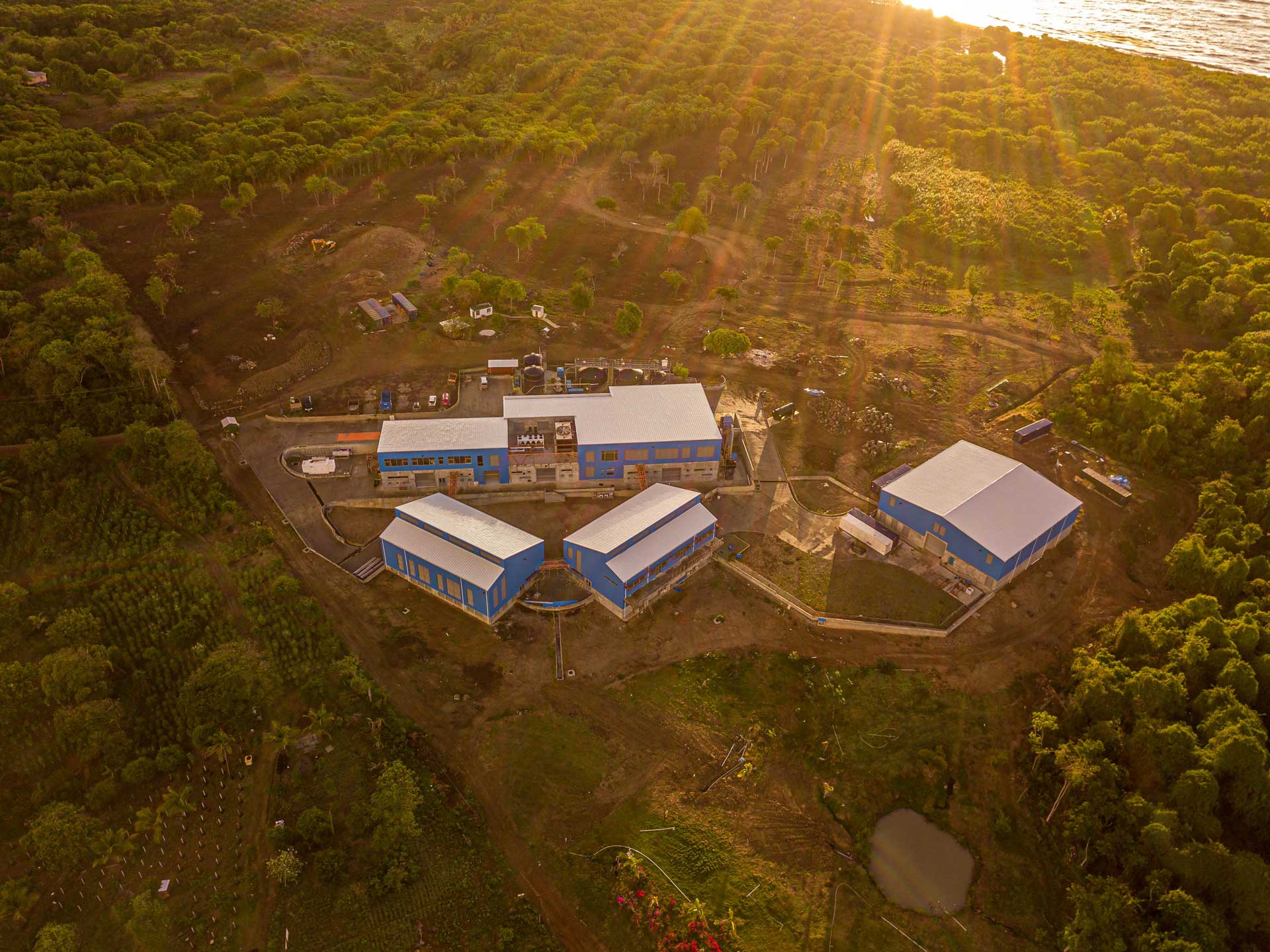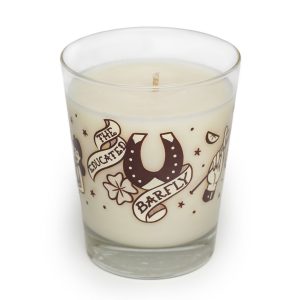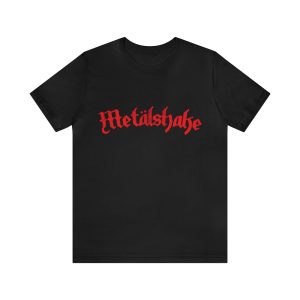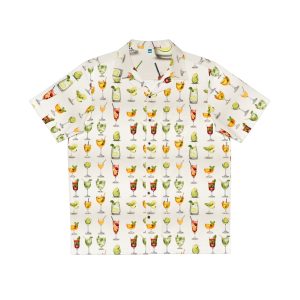In the global discussion of terroir, the conversation generally begins—and ends—with wine. The notion of terroir is best described as the determining factor that creates overarching traits surrounding flavor profile and structure in a given beverage, which are attributed to the particular soil, climate, and topography from which it hails. Burgundy is frequently credited as the birthplace of the concept of terroir, and over the past few centuries, has predominantly remained within the world of wine—so when the idea of terroir-focused spirits at Renegade Rum made its way into my orbit, I was immediately intrigued.
The parent company of Renegade Rum, CaneCo, was established by Mark Reynier back in 2015. Former head of brand for Waterford Distillery and former CEO of Bruichladdich, Reynier’s extensive work in spirits—coupled with his deep-rooted passion for wine—led him to the island of Grenada, where he sought to dig deeper into the origins of rum, its natural flavors, and above all, the rarely-discussed potential of terroir depiction through sugar cane. To commence the project, Reynier carefully researched and selected a handful of sugar cane varieties adapted to a variety of growing areas—which boast very different soil types, aspects, and altitudes—across the island. From there, the single-site farming of sugar cane. (Note: The first batch of Renegade Rum wasn’t distilled until five years later in 2020.)
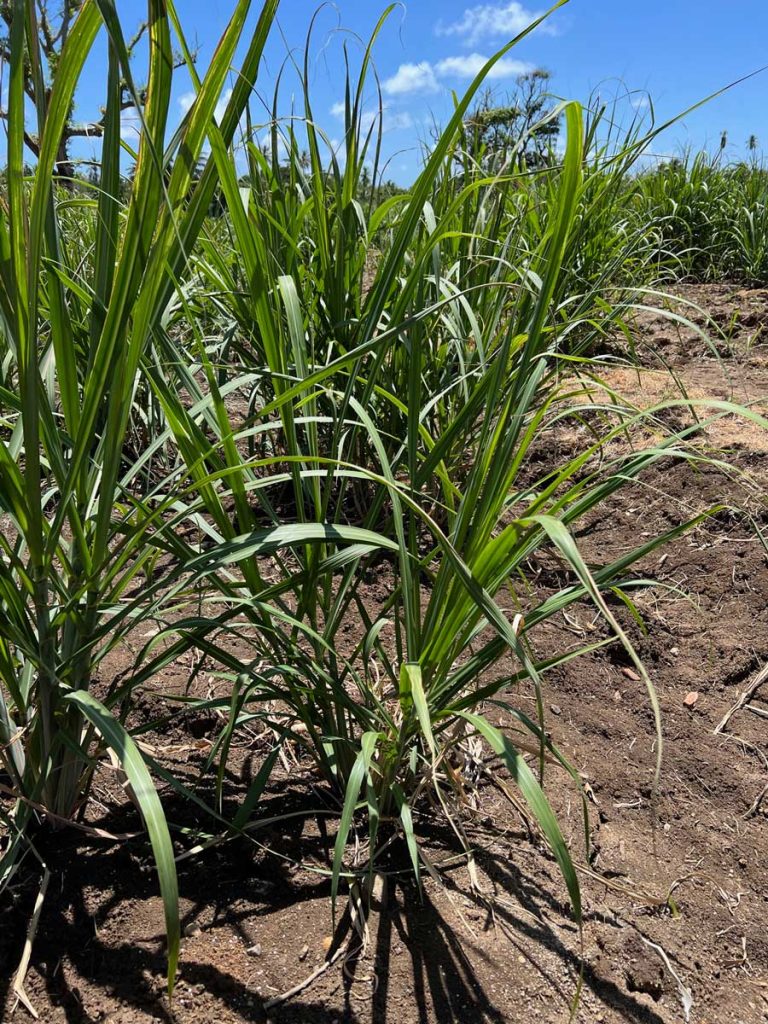
At its core, the notion of discussing terroir in mass-marketed rum is mostly a moot point, as a large number of major brands produce their spirits from molasses. At Renegade, the goal was (and still is) not only to use 100% pure sugar cane juice—which accounts for less than 5% of rums available on the international market—but to showcase the specific nuances of different sites through said juice. What started as a minuscule project has since grown to encompass over 80 hectares of sugar cane farms spread across a plethora of micro-terroirs.
Post-harvest, each singular terroir of sugar cane is brought to the distillery and milled, fermented, and distilled. Both pot stills and small-batch column stills are used, depending on the rum in question. Certain rums are then aged in high-quality American and/or French, first-fill oak barrels, though a number of pre-cask bottlings are also created. All of Renegade’s rums are unsweetened and non-chill filtered, allowing the distinct sites from which they hail to speak as clearly as possible. Slightly skeptical? If I admit it, so was I.
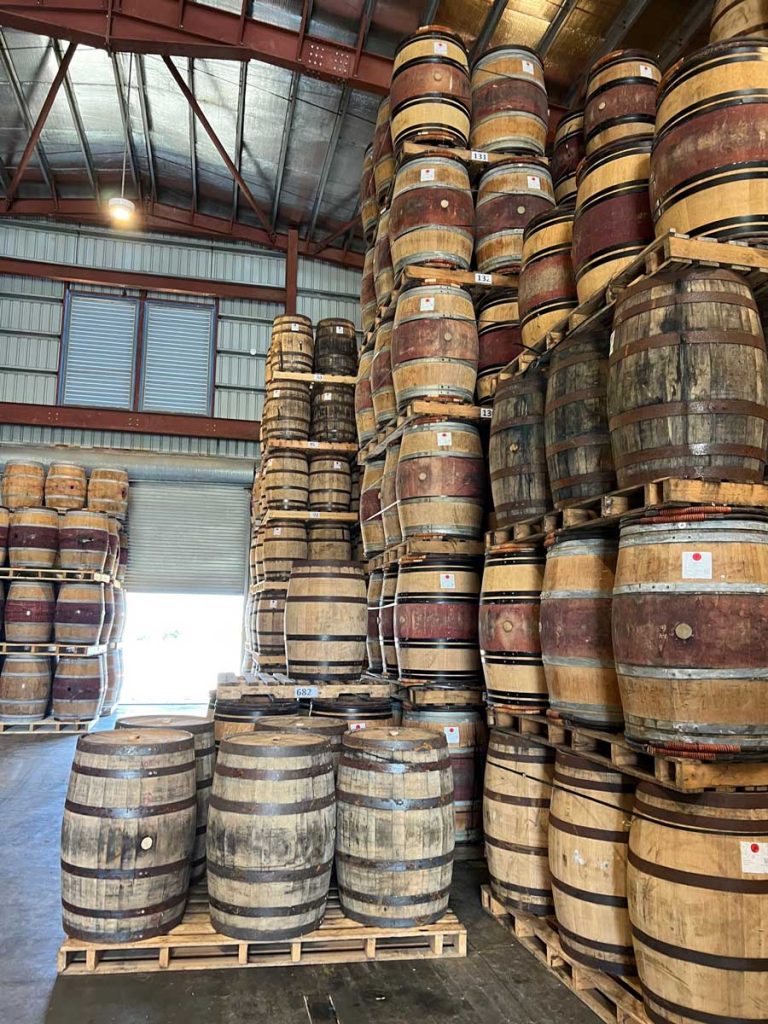
_____
I headed down to Grenada with my partner back in March 2023 to see what the project was all about. Beyond being greeted with the utmost island hospitality, I was blown away by what the distillery was doing. In addition to tasting through a lineup of single-site rums—which absolutely reflected the places from which they were from (perhaps the most striking for me was the Lake Antoine, which exuded such a pronounced salinity specific to the plot’s unique, seaside location)—the immense efforts to creating a sustainable project, both of the brand and for the local communities near the farms, were a true testament to the brand’s pioneering vision.
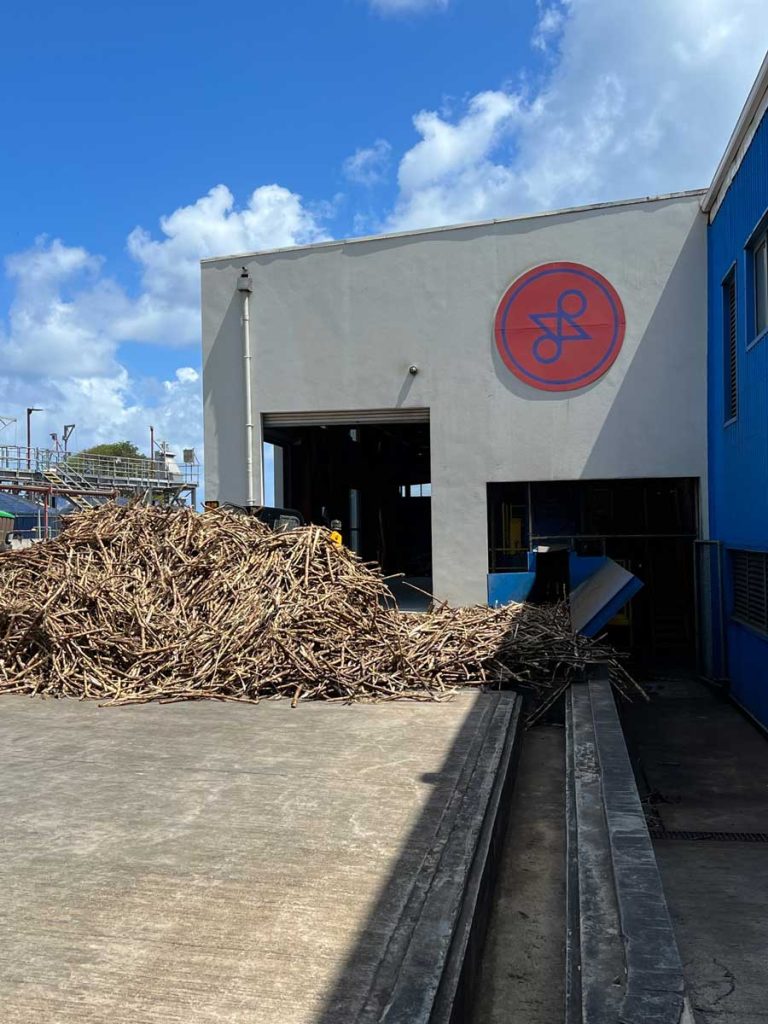
Our first visit took us to the La Sagesse farm located on the southern end of the island, which was in the midst of being harvested by Renegade’s team members. Our host, Jane Nurse, head of marketing and sustainability communication at Renegade, explained that beyond producing delicious and thought-provoking rum, the brand was equally fervent in creating job opportunities for those living near the farm, as well as leaving the land more prosperous than how they found it. Nurse noted that many of Grenada’s local residents don’t have cars, so finding work accessible by foot is essential; after driving through the island’s winding, nausea-inducing streets, I immediately understood the need for micro-communities. Although seemingly small to those of us from the States, Grenada is 21 miles long and 12 miles wide—a distance impossible to traverse without the use of a vehicle.
Beyond social sustainability, Renegade Rum is equally passionate in pioneering environmental sustainability on the island. The distillery, which is located on the northeastern side of the island, exudes modernity and innovation both from a design and execution perspective. The building was designed to impact its surrounding environment as minimally as possible, as well as emphasizing phytoremediation, which “uses plants to restore an ecological system to an equilibrium, a technology where plants are used to remediate the soil.” (All of this is explained in-depth on Renegade’s site, available here.)
The distillery also works meticulously to recycle and repurpose vinasse, the byproduct of sugarcane distillation. While many distilleries simply dump it, Renegade uses all five of its waste streams sustainably; the crushed sugar cane is turned to biofuel to power the establishment, organic solids are repurposed as fertilizer, processed water is used for irrigation, and distillate residue is used as fish food.
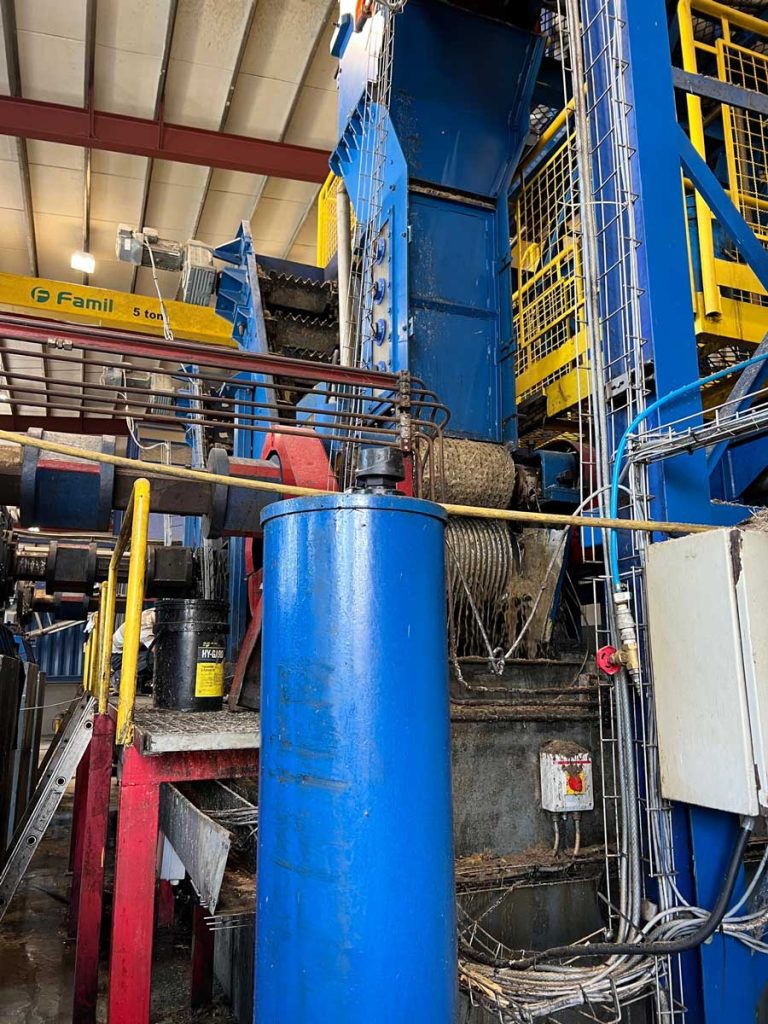
Renegade’s website states that rum is produced in at least 65 countries around the globe, at approximately 150 official distilleries. After visiting, I can confirm with certitude that of those 150, few, if any, are producing sustainable and thought-provoking distillates as delicious and memorable as theirs.


